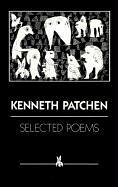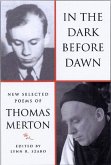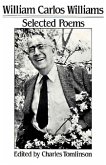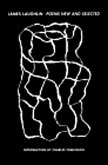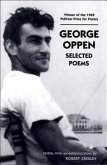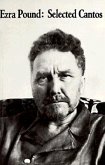The late Kenneth Patchen was unique among contemporary poets for his direct and passionate concern with the most essential elements in the tragic, comic, blundering and at rare moments glorious world around us. He wrote about the things we can feel; with our whole being-the senselessness of war, the need for love among men on earth, the presence of God in man, the love for a beloved woman, social injustice and the continual resurgence of the beautiful in life.

